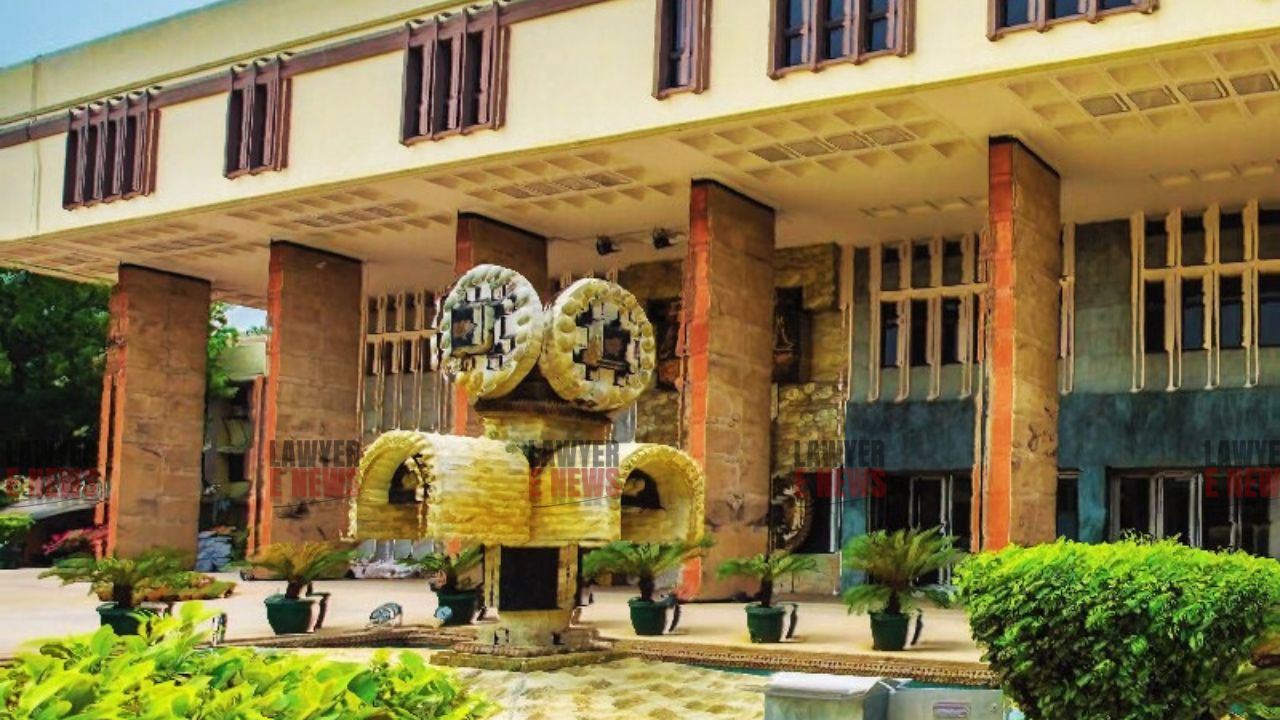-
by sayum
14 February 2026 2:22 PM



The Delhi High Court has dismissed a writ petition challenging the Municipal Corporation of Delhi's (MCD) decision to debar R. Krishnamurthy and Co. from participating in any tender for five years. The bench, led by Justice Subramonium Prasad, upheld the MCD's debarment order, emphasizing the significant delay in completing the construction of underground multi-level car parkings, which caused inconvenience to the public.
The case stems from a contractual agreement between MCD and Pratibha Industries Ltd. for constructing underground multi-level car parkings at New Friends Colony, Jangpura, and Kalkaji, which was supposed to be completed within 15 months. Disputes arose, leading to a Memorandum of Understanding between Pratibha Industries Ltd. and R. Krishnamurthy and Co., assigning the project to the latter with a 120-day completion deadline. Despite extensions and a conciliated agreement, the project remained incomplete, prompting MCD to issue a show-cause notice and subsequently debar the petitioner.
The court found that the MCD had sufficient grounds for debarment. "The petitioner had to complete the work by December 2018, and there was no explanation for the delay beyond August 2021," Justice Prasad noted, emphasizing the prolonged public inconvenience due to non-completion of the project.
The court addressed the principle of proportionality, asserting that the debarment was neither unduly harsh nor disproportionate to the misconduct. Justice Prasad highlighted the petitioner’s significant delay and lack of substantial reasons for non-completion, stating, "The punishment imposed does not warrant any interference as it is neither shocking nor disproportionate to the infraction."
The judgment reiterated the limits of judicial review in contractual disputes, stressing that courts should not delve into factual thickets requiring evidence. The court cited precedents where factual disputes in contract breaches were deemed inappropriate for adjudication under Article 226 of the Constitution.
The court's decision leaned heavily on established legal principles surrounding debarment and contractual obligations. It referenced previous judgments, asserting that while reasons for administrative actions must be recorded, their communication to the blacklisted entity is not mandatory if the decision-making process is sound. "Judicial review generally speaking, is not directed against a decision, but against the decision-making process," the court observed, citing Ranjit Thakur v. Union of India.
Justice Subramonium Prasad remarked, "The punishment imposed by Respondent No.1, therefore, does not warrant any interference as the same is neither shocking nor is it disproportionate to the infraction on the part of the Petitioner."
The dismissal of the writ petition underscores the judiciary's stance on maintaining strict adherence to contractual timelines and the proportionality of punitive measures. The decision reinforces the principle that significant project delays causing public inconvenience justify severe administrative actions like debarment. This judgment is likely to influence future cases involving contractual compliance and administrative fairness.
Date of Decision: 19th January 2024
